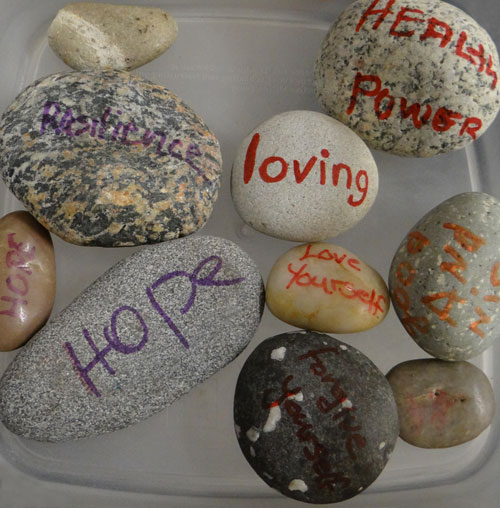On April 2, 2014, Nellie’s began the Women Experiencing Abuse and Violence (WEAV) group. The group will run every Wednesday for 12 weeks at our Community Support and Outreach Office.
The first week began by having women discuss their own goals in attending the group. One goal that many women identified was developing the tools for self-empowerment and to improve self-esteem and self-confidence. The participants also wanted to learn about healthy relationships and recognizing signs of an abusive relationship. The participants of the group also spoke about the importance of gaining support from other women who have gone through similar experiences. One woman stated that attending the group means, “knowing I am not alone and finding strength in leaning on each other.”
Week 2 of WEAV addressed systemic forms of violence and how society is shaped by patriarchal social relations as well as by racism and oppression based on class, age, sexual orientation, disability, gender identification, place of origin, religion and record of offences (only to name a few). Participants in the group unpacked how their own experiences are based on fundamentally unequal power structures. For example, participants spoke about the unfair pressure on women to “have it all”, be seen as objects and one woman stated “I now see that no one can tell me I need to do all the chores because I am a woman, it should be 50/50.”
Week 3 explored the topic of different forms of abuse that goes beyond thinking of abuse as being only physical abuse. The different types of abuse participants named were: psychological abuse, physical abuse, verbal abuse, emotional abuse, using children, social abuse, sexual abuse, spiritual abuse, cultural abuse, intellectual abuse and financial abuse. Participants in the group related to experiencing most of the different forms of abuse that were discussed. Participants spoke about not recognizing the different types of abuse when in the relationship, but how important it was to see their experience reflected in this activity and to see all the different forms of abuse they experienced validated.




